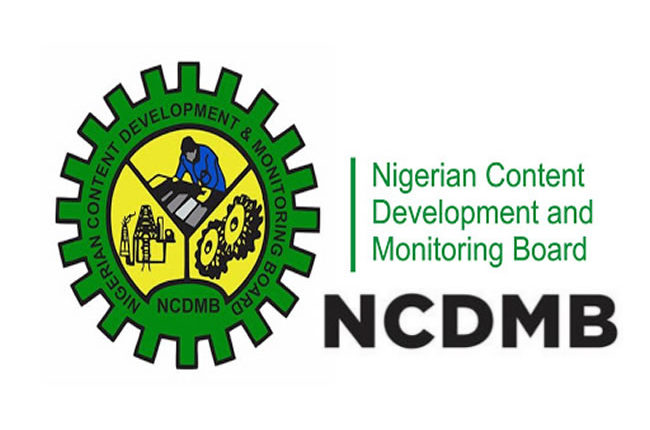Nigeria’s oil and gas services sector has received a major financial push as the Nigerian Content Development and Monitoring Board (NCDMB) and the Nigerian Export-Import Bank (NEXIM) jointly disbursed $42 million to empower local Small and Medium Enterprises (SMEs).
The initiative, announced during the NCDMB Stakeholders Sensitisation and Engagement Forum in Port Harcourt, is part of a broader effort to deepen local content participation through certification, compliance, and access to funding.
According to Muhammed Awami, Head of Specialised Business at NEXIM, the bank has already surpassed its $30 million working capital fund, reflecting strong demand from indigenous oil service providers eager to expand their footprint in the industry.
He explained that the fund provides flexible and tailored financing for Nigerian-owned companies with valid contracts from international and national oil corporations. Beyond funding, NEXIM and NCDMB also monitor utilisation to ensure transparency and impact.
“Our goal is to create an easier financing pathway for credible businesses,” Awami said. “We’ve simplified collateral requirements by accepting receivables, insurance, and other flexible instruments, ensuring that funds are accessible without compromising financial discipline.”
He added that the fund’s structure prioritises self-liquidating transactions, allowing loans to be repaid through project revenues rather than heavy collateral demands.
Representing the NCDMB Executive Secretary, Dr. Osa Uchendu said the forum reflects the Board’s ongoing dialogue with stakeholders to strengthen indigenous participation and accelerate industrial growth.
Also speaking, Gabriel Yemidale, Group Head for Oil and Gas at the Bank of Industry (BoI), revealed that the Nigerian Content Intervention Fund (NCI Fund) — launched in 2017 with ₦200 million — has expanded to ₦300 million as of 2023.
He highlighted that the fund includes multiple financing windows tailored to different industry needs, such as community financing, contract financing, and refinancing, with facilities ranging from ₦100 million to $10 million per beneficiary.
“The intent is to help local enterprises compete effectively with international players,” Yemidale explained. “Through these funds, we’re promoting indigenous ownership, job creation, and grassroots economic empowerment.”
Both NCDMB and its financial partners reaffirmed their commitment to ensuring that Nigerian firms not only participate but thrive in the nation’s energy value chain — a step expected to enhance technology transfer, local employment, and long-term sector sustainability.

